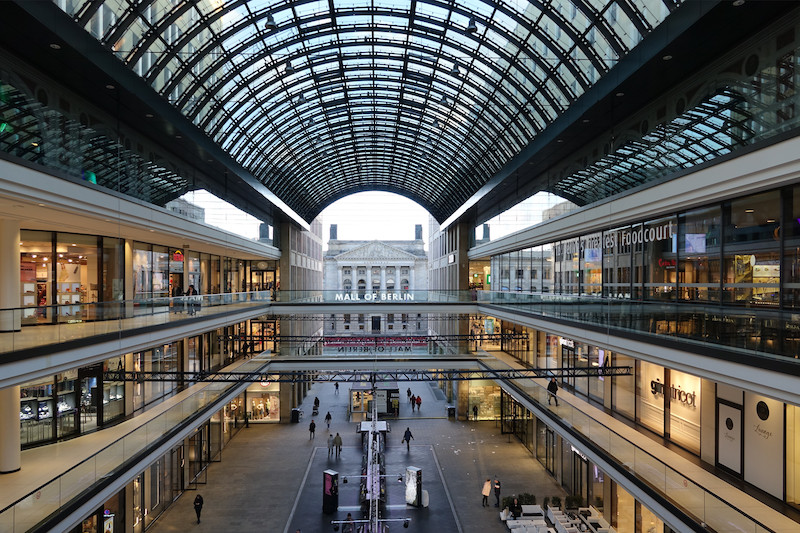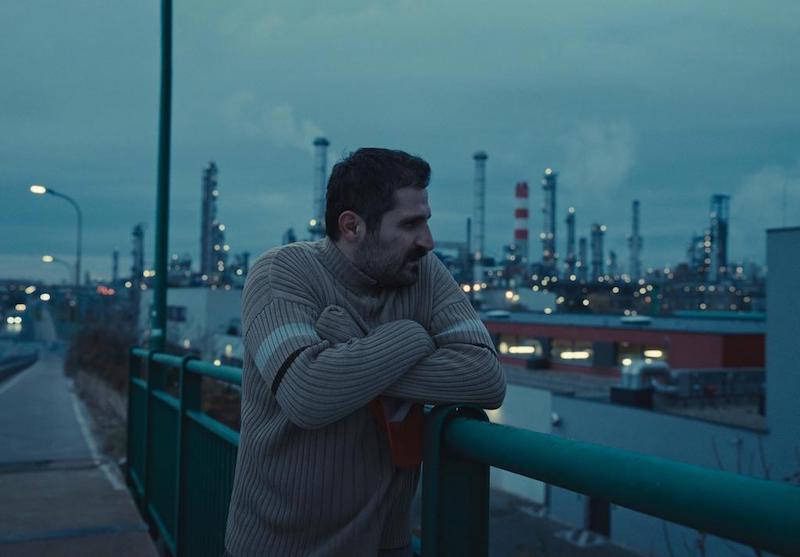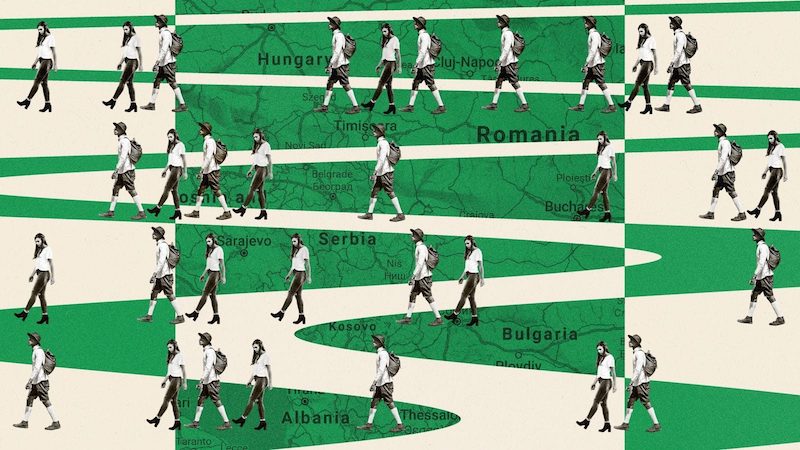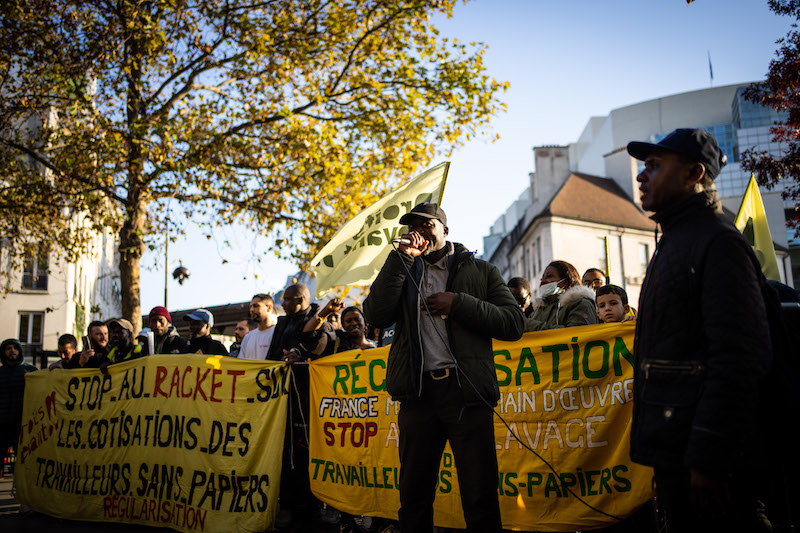Things are finally moving. The German government of the Social Democrats, Greens and Liberals is planning to liberalise the immigration law: naturalisation should be possible earlier and foreign professionals should be able to find a job in Germany more easily in the future.
This change would recognise that Germany is an immigration country. It has been for decades. The strength of Germany’s post-war economy would never have been possible without the “Gastarbeiter” (“guest workers”) recruited in the 1960s.
Acknowledging that Germany is an immigration country immediately calls on those who have nurtured their racism for years and have campaigned against more liberal immigration laws. A few days ago, a conservative politician complained that German citizenship should not be “sold off”. And the leader of the Christian Democrats said: “German citizenship is something very precious that must be handled with care.” Even within the government, the liberals are somewhat hesitant.
It is striking, however, that leading business representatives are calling for liberalisation. Germany needs immigration: about 400,000 workers per year are missing. The boomer generation will soon retire, and then their labour will be lacking.
What’s sad but true is that Germany’s prosperity is also based on some level of well-cultivated racism. How else could one comfortably justify allowing migrant workers to work under much worse conditions than their colleagues who are considered Germans? How else could one tolerate the gross violations of health protection of migrant workers in the meat industry during the pandemic? The blatant injustice of not paying workers at all on the construction site of the prestigious Mall of Berlin?
So the conflict will not be so easy to pacify. Not only because a part of German society is simply so ideologically stubborn. But also because racism has a tangible function for the interests of the German economy.






